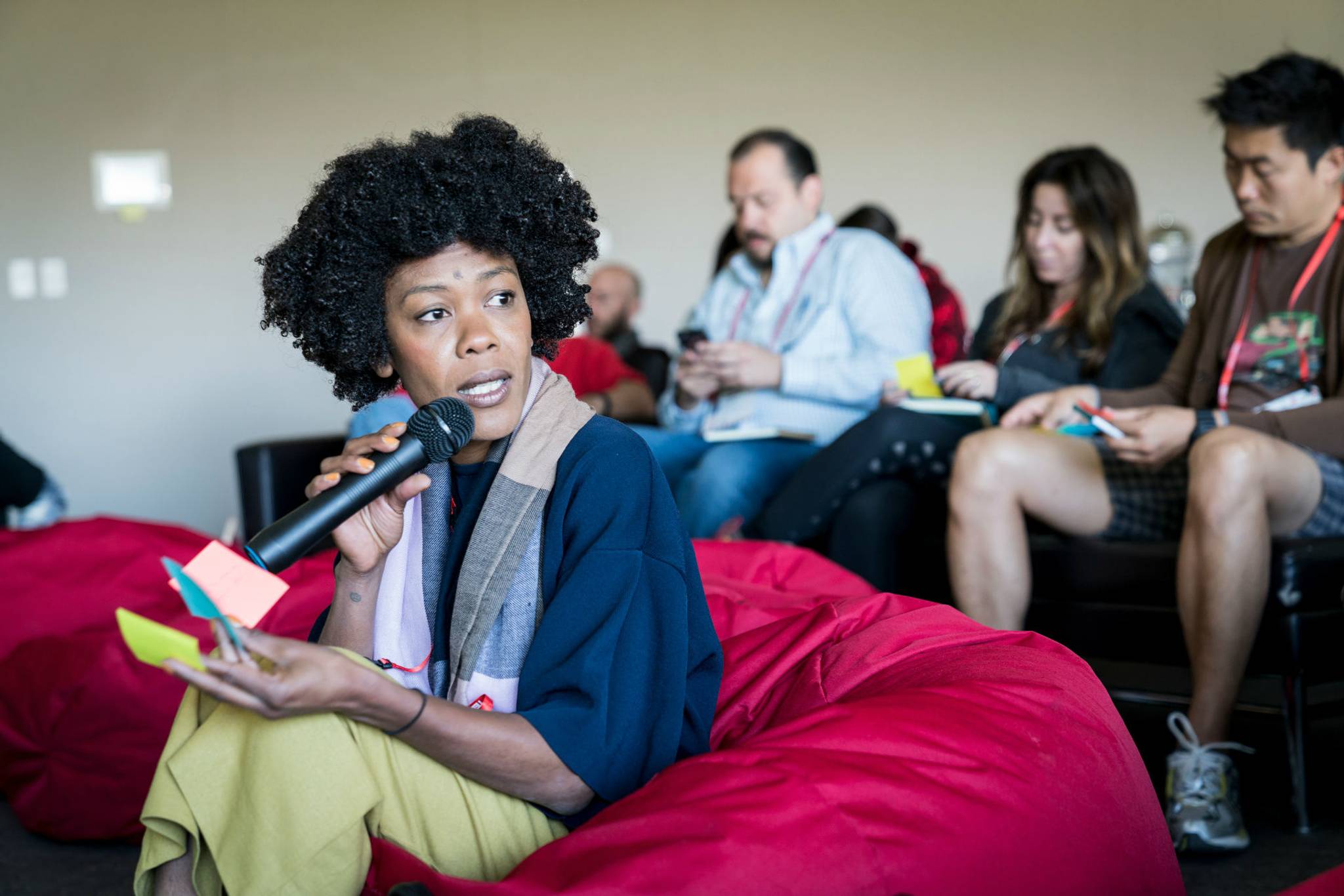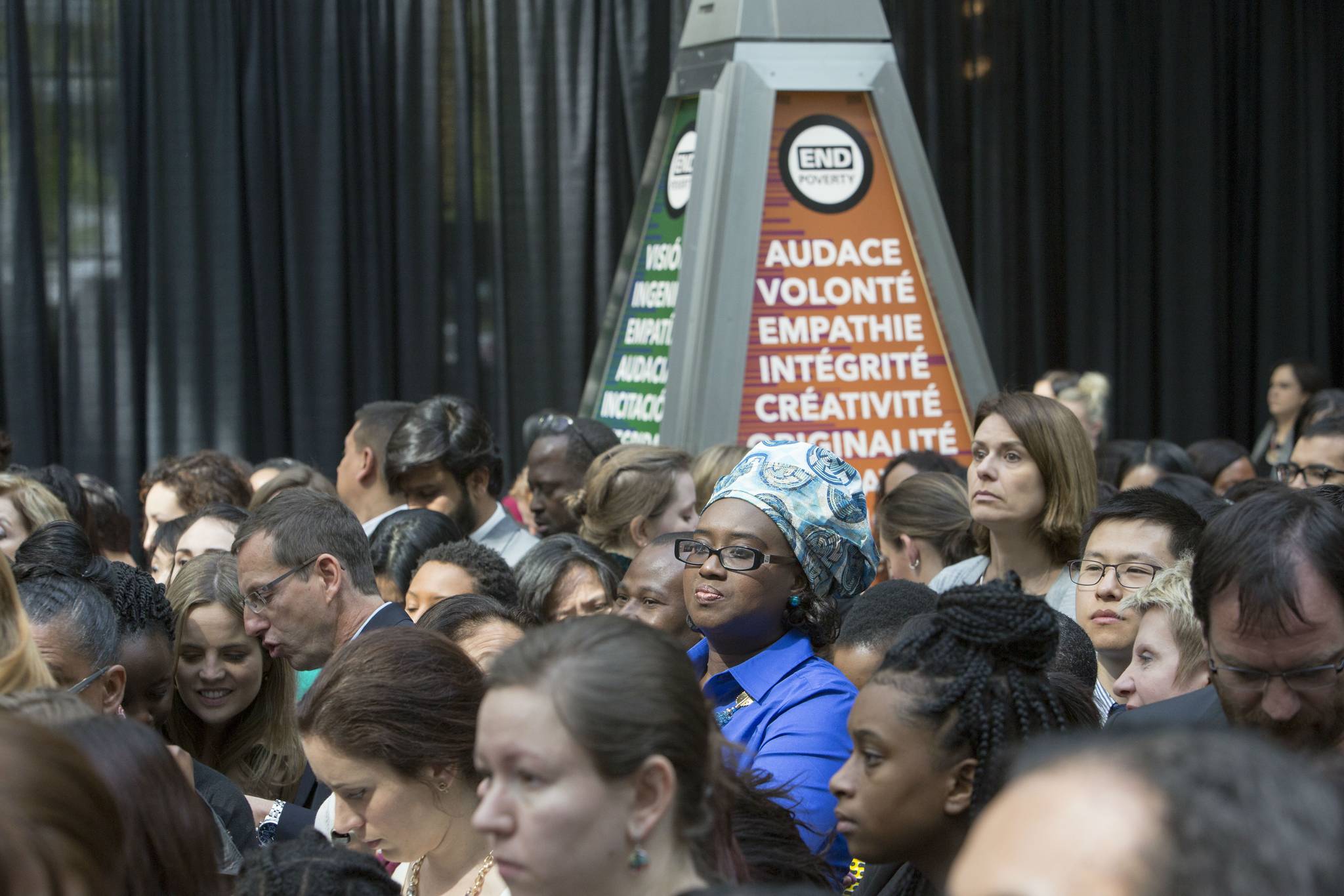
Traditionally ‘feminine’ soft skills – such as empathy, sensitivity, and emotional intelligence – are increasingly prized in the workplace, thanks to Gen Y’s growing influence – but how does a woman get her foot in the door in an increasingly competitive environment? On their exploratory trip to London, Harvard Women in Business visited Canvas8 to discuss gender and the creative industries, discovering the insights behind how the workplace is changing.
Canvas8 spoke to Harvard Women in Business about the trials and tribulations of being a woman in the creative industry, reflecting on how, thanks to decades of feminist activism, women hold more power in the workplace than ever – but pay gaps, harassment, and the glass ceiling mean the fight for equality is far from over. While icons and initiatives from Wall Street’s Fearless Girl statue to Retail Week’s ‘Be Inspired’ campaign encourage female leadership, Americans continue to expect more from female leaders than their male counterparts.
Nonetheless, traditionally ‘feminine’ soft skills – such as empathy, sensitivity, and emotional intelligence – are increasingly prized in the workplace, thanks to Gen Y’s growing influence. Four in five US Gen Yers want their boss to behave more as a mentor, while 90% of US parents feel communication is a more important skill for their child to develop than maths or logic in order to succeed in today’s world. Employees under leaders who exhibit soft skills have been shown to be more motivated, engaged, satisfied, and productive – an attitude that ties into Gen Y’s preference for work that’s meaningful beyond a pay cheque.
But how does a woman get her foot in the door in an increasingly competitive environment? This was one question raised by the group towards the end of the session. Employers are increasingly hiring based on skills and expertise, rather than a list of names on a CV; 87% of recruiters find LinkedIn most convenient to use in the hiring process. “Titles and years of experience are no longer a person’s number-one currency,” says Carisa Miklusak, CEO of hiring platform tilr. “Based on the type of business and type of workers they need, [employers] are finding new ways to recruit and deciding where resumes are relevant and where they aren’t.” These changing attitudes mean there’s plenty of room for intelligent and capable candidates who may not have direct experience – it’s all about putting one’s strengths first.
Alex Quicho is Canvas8’s Americas editor. Born in Boston and raised in Manila, she loves to read and write about art, power, and the future. She has a master’s degree in critical writing from the Royal College of Art.



